Exact Answer: 2 to 5 Days
Both men and women have their respective mechanisms. Both have distinct advantages and disadvantages. Women or girls have one such unavoidable thing in their life called periods. It is an integral part of a female’s life.
Periods or menstruation in medical terms is a period of two to five days, in which normal vaginal bleeding occurs and is rehearsing at an average interval of about twenty-eight to twenty-nine days.
The menstrual cycle in females is the reproductive cycle. The menstrual cycles in females start at the age of puberty and continue till menopause.
Every month the female body is being prepared for mating, but when there is no mating the uterus breaks its lining and causes bleeding.
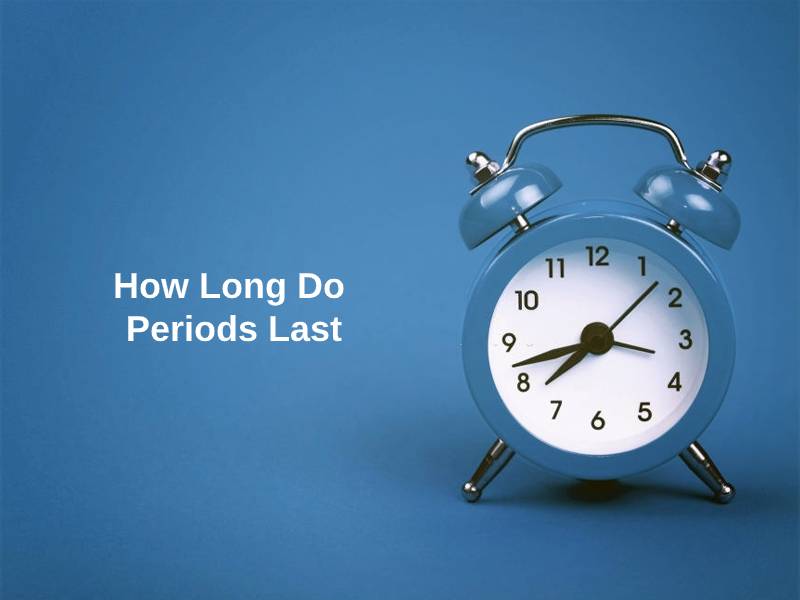
How Long Do Periods Last?
| Objective | Period |
| Number of days periods last | 2 to 5 days |
| Number of days cramps happen | 48 to 72 hours |
Periods last about three to five days, but a period can be shorter or longer varying from person to person. Periods happen in an interval of twenty-eight to twenty-nine days.
The cycle of events starting from menstruation to the next is called the menstrual cycle. The major events of the menstrual cycle are the menstrual phase, follicular phase (proliferative phase), luteal phase (secretory phase), and ovulation.
The menstrual phase occurs and it lasts for 3-4 days. This flow is due to the breakdown of the endometrial lining of the uterus and its blood vessels, which form liquid and flows out through the vagina. A woman will lose 5 to 12 teaspoons of blood during her period and in some rare cases, women bleed more heavily than this.

The follicular phase comes after the menstrual phase. During this phase, LH and FSH are released which attain a peak level in the middle of the cycle. The estrogen level in the blood continues to rise until it reaches its peak.
The release of the ovum is called ovulation which occurs nearly the 14th day in 28 days cycle. Following ovulation, the eggs are swept into the fallopian tube where they await fertilization as it travels through the tube towards the uterus.
A low level of LH hormone causes degeneration of the corpus luteum leading to a sudden decline in progesterone level and causes menstruation.
Why Do Periods Last For So Long?
Menstruation only occurs when there is no fertilization. If fertilization takes place, there is no chance of menstruation. Changes to hormones or ovulation may cause long periods.
When the hormone is not at a normal level or if a female body doesn’t ovulate during a menstrual cycle, the uterus lining becomes thick and finally, the lining and the periods experience a period longer than normal.
Periods last for five days.
The bleeding is heavier in the first two days and decreases gradually. Where there is heavier bleeding the color of blood will be red on lighter days it may be pink or brown.
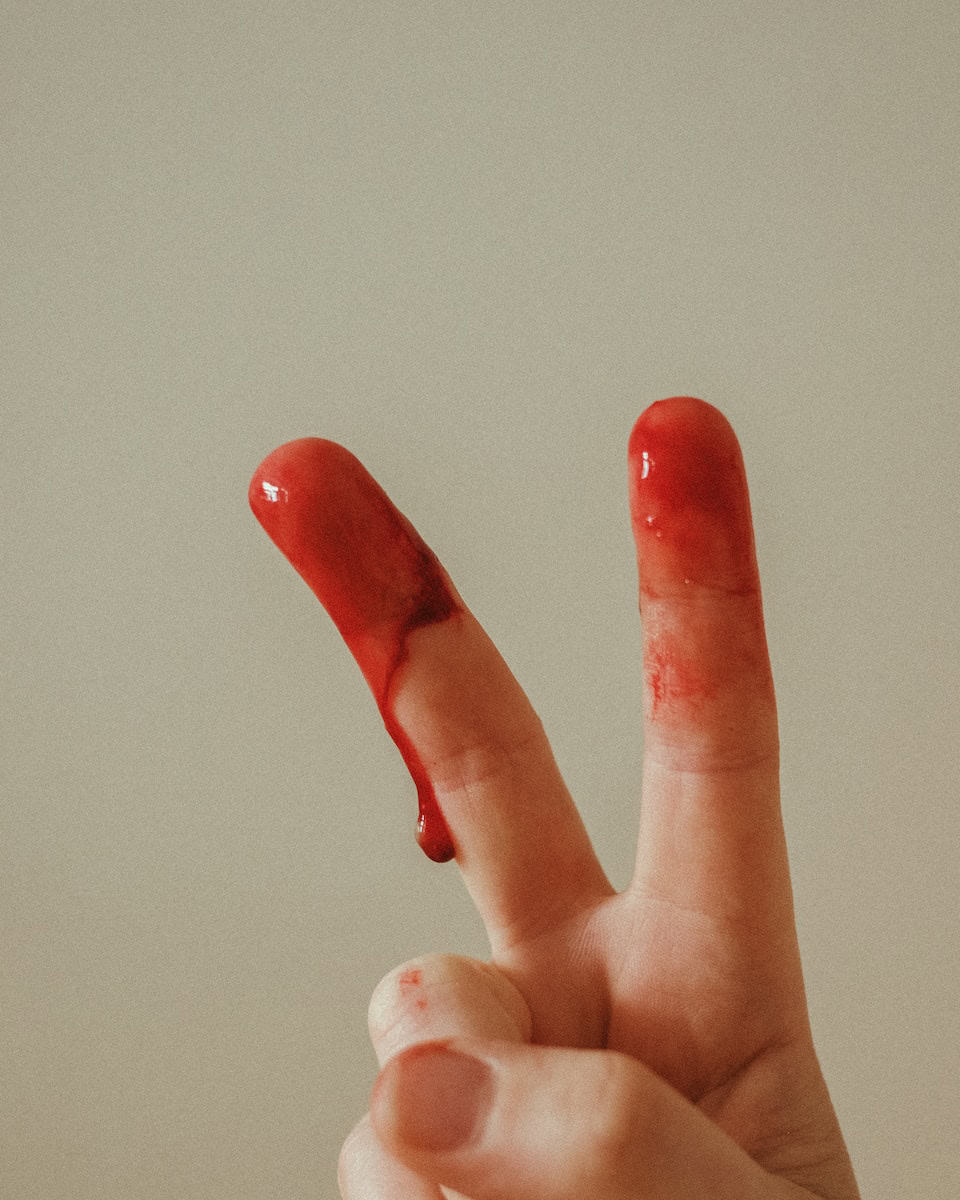
Before experiencing a period or during the period the female may suffer from irritation, depression, anxiety, and sudden changes in mood(for a specific period). These symptoms are seen in a female before one or two weeks of the period and resolve with the ending of menses.
In the absence of fertilization, the corpus luteum degenerates the level of progesterone hormone will fail. In human beings, menstruation ceases around 45-50 years of age, termed menopause. Cyclic menstruation is an indicator of the normal reproductive phase and extends between monarchy and menopause.
Conclusion
Many a female has to suffer from painful periods. Period pain is not the same as PMS. Females also feel pain like lower back pain, headache and, nausea.
Periods are also important for a female because every month a female body is prepared for pregnancy. The girl should be well aware of the process of menstruation, the significance of menstruation, proper use of pads, and this can be gained through proper training.
From ancient times there are some myths about menstrual flow in human beings. In Vedic times it was declared that killing a brahmin appears every month, as menstrual flow. Many girls and women are restricted in their daily lives because they are menstruating.
Menstruation is nothing but a biological process and teenage girls. Women should make themselves understand that they have the power of recreation.

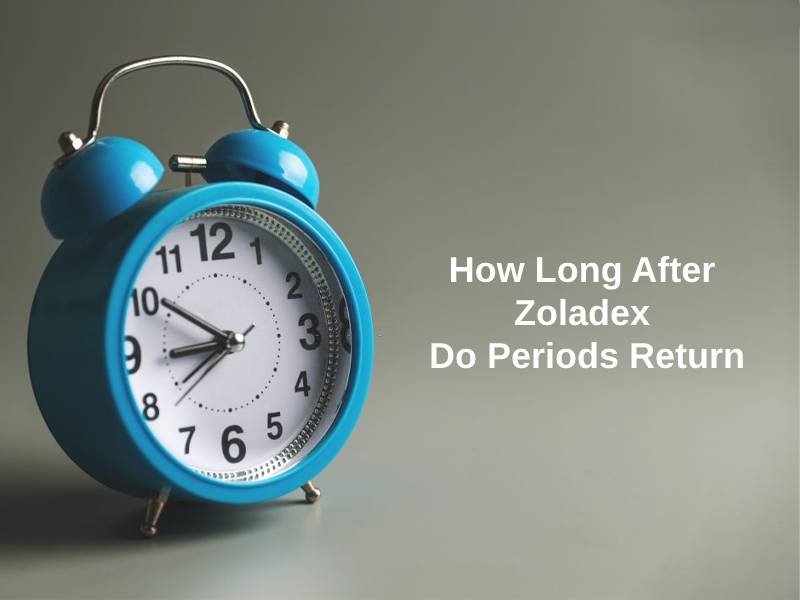




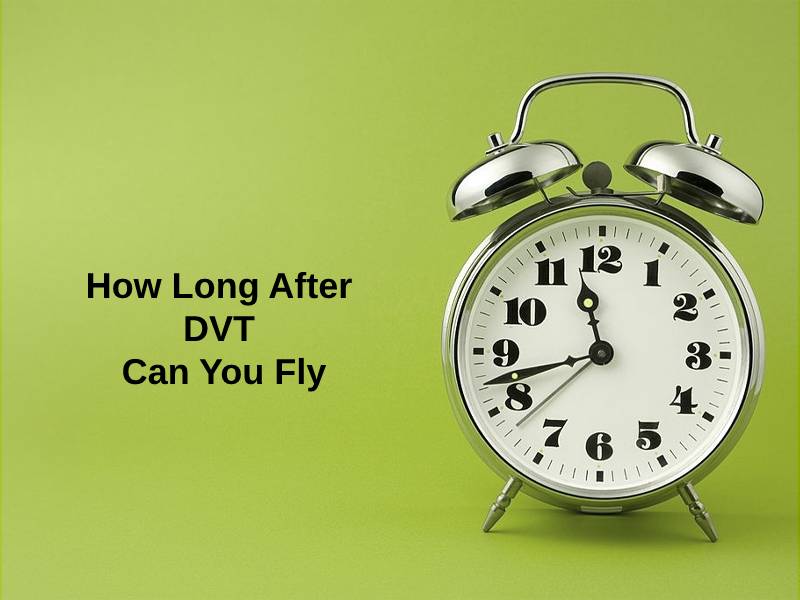
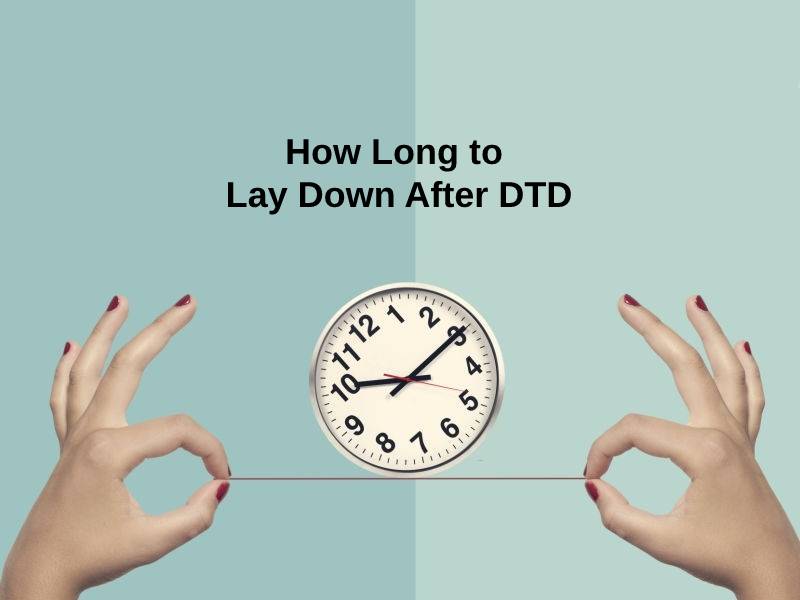
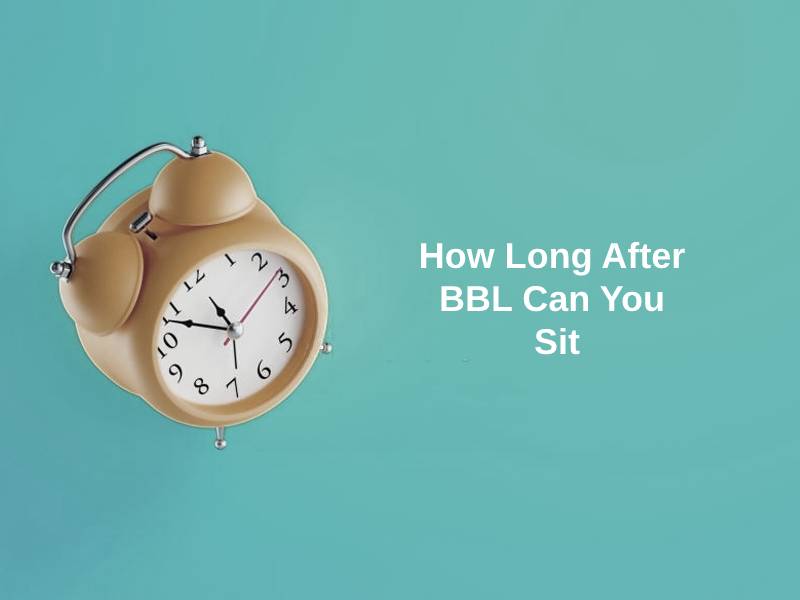
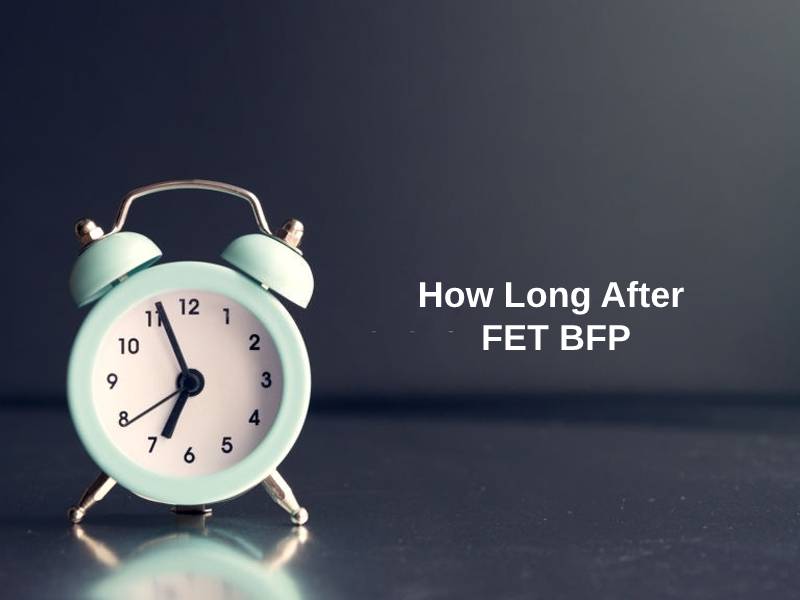
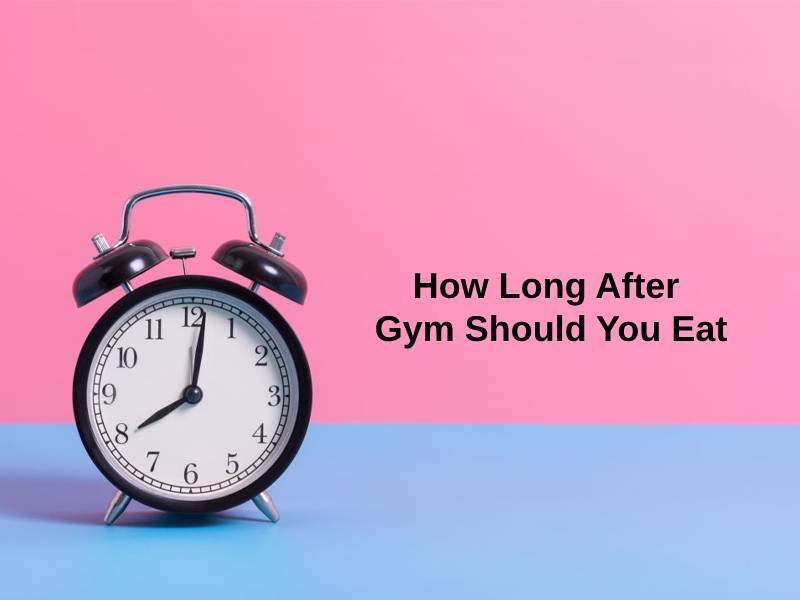
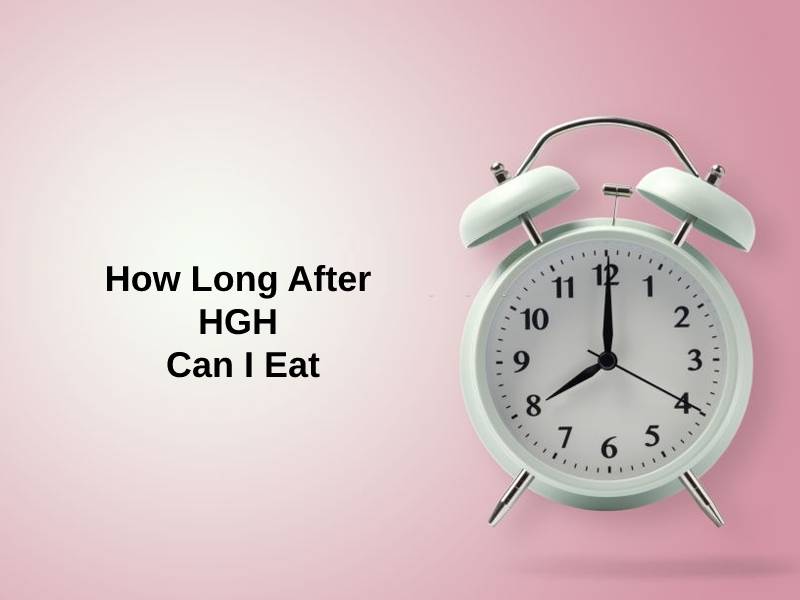
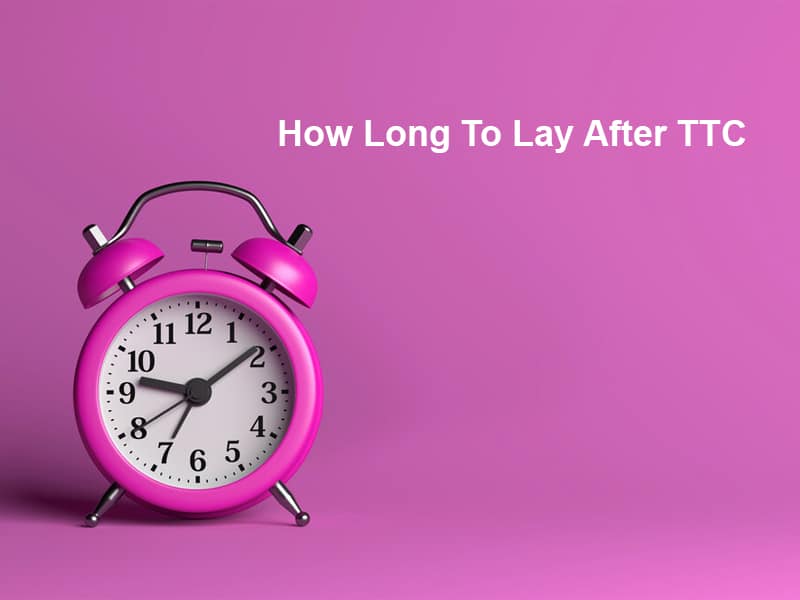
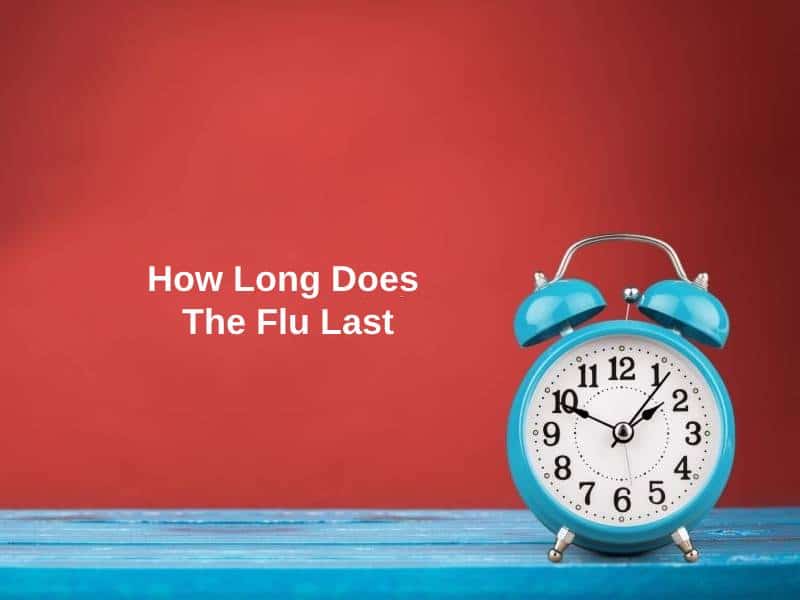
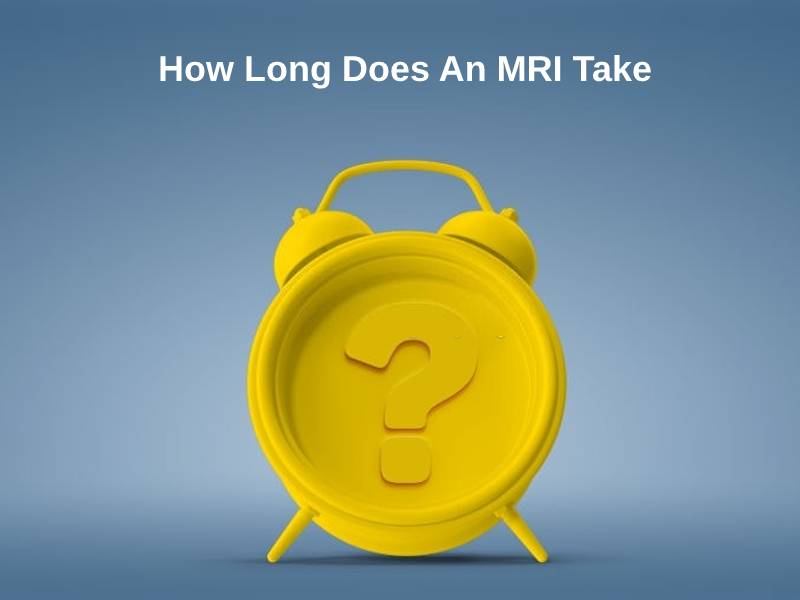
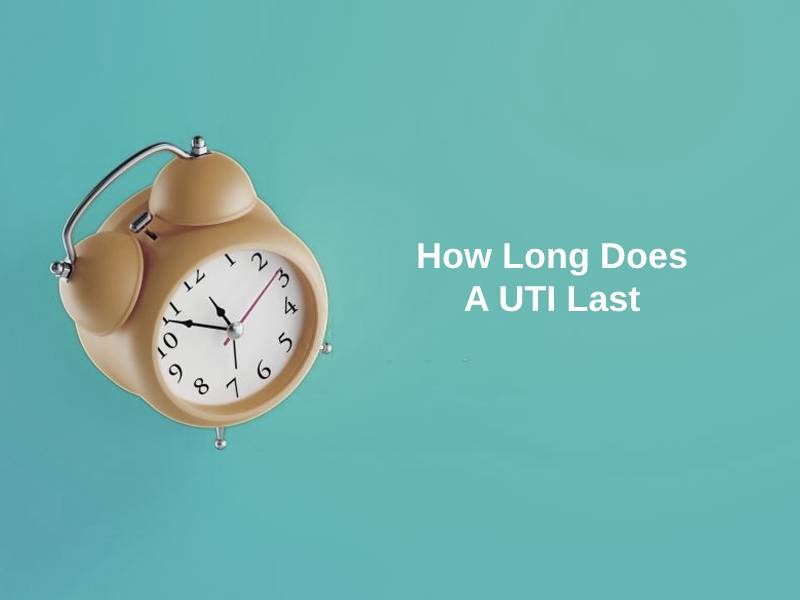
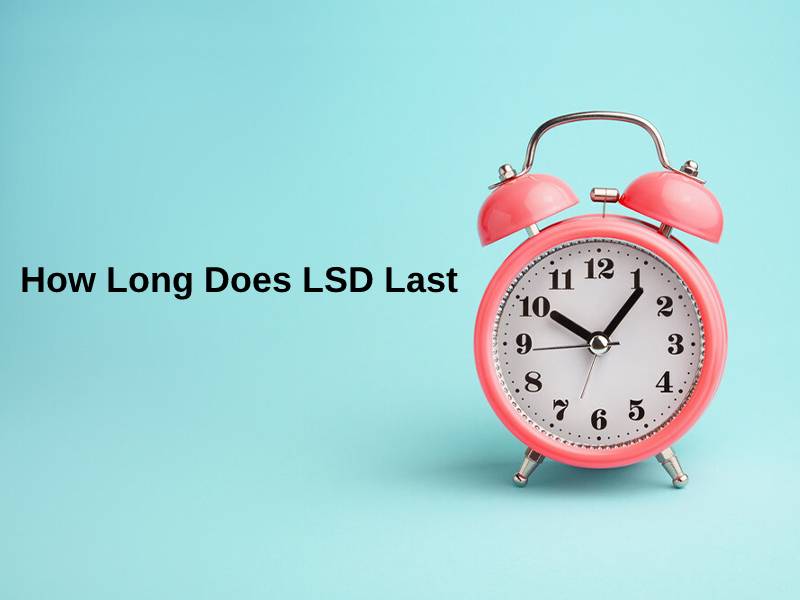
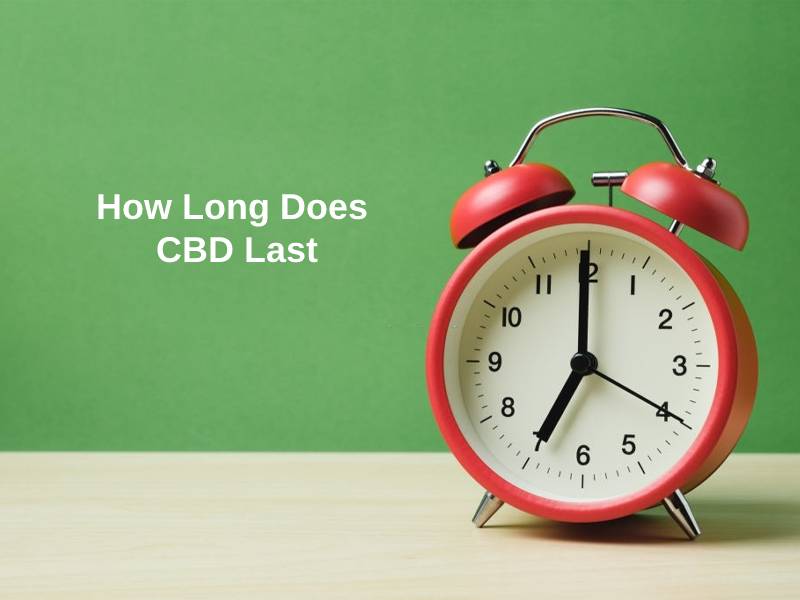

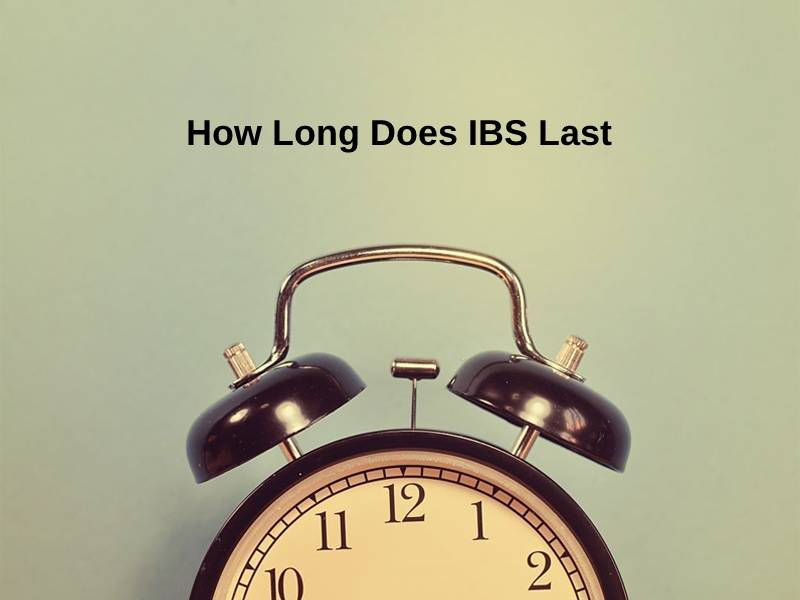
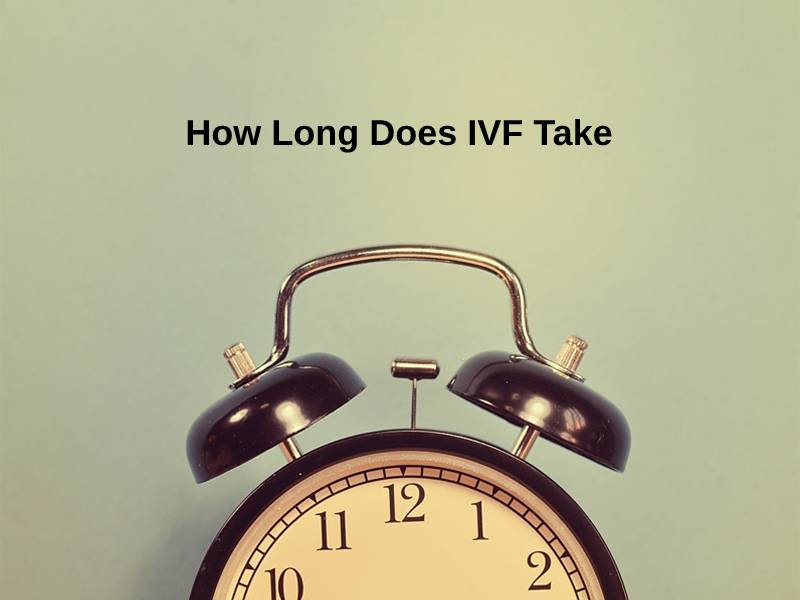
The article could have provided more information about the mythological beliefs of menstruation, but overall, it was quite enlightening.
I agree, it would have been interesting to learn more about the historical beliefs surrounding menstruation.
I think the article presented menstruation in an inclusive and respectful manner.
It’s important to open up discussions about these topics in a respectful way.
This article definitely contributes positively to breaking down barriers surrounding menstruation.
I don’t think this is entirely accurate. I have read that in some cases, periods can last longer than 5 days.
Yes, my periods usually last about 7 days. I think it can vary from person to person.
This article provided a well-rounded understanding of menstruation. It was informative and to the point.
Absolutely! I feel like I’ve learned a lot from reading this piece.
Great article! I never knew periods lasted 2 to 5 days. Great information!
Yes, the article was very informative. I also thought periods lasted longer than 5 days
This is information everyone should know. Thank you for sharing.
This article doesn’t mention the emotional and physical effects of menstruation. They should have included that information.
I agree. Emotional and physical effects are an important part of menstruation.
Overall, I found the article to be educational and insightful.
Absolutely, knowledge is key, especially when it comes to reproductive health.
Agreed, it’s always good to stay informed about these aspects of health.
The information about the menstrual phases and their duration was very helpful.
I can’t believe I didn’t know this information before. This makes everything clearer.
Yes, understanding the menstrual phases can help many women better manage their periods.
I think the article did a good job of explaining the biological processes of menstruation, but some social aspects could have been touched upon.
There’s certainly more to menstruation than just the biology behind it.
Yes, social implications and practices associated with menstruation should have been discussed.
Interesting read!